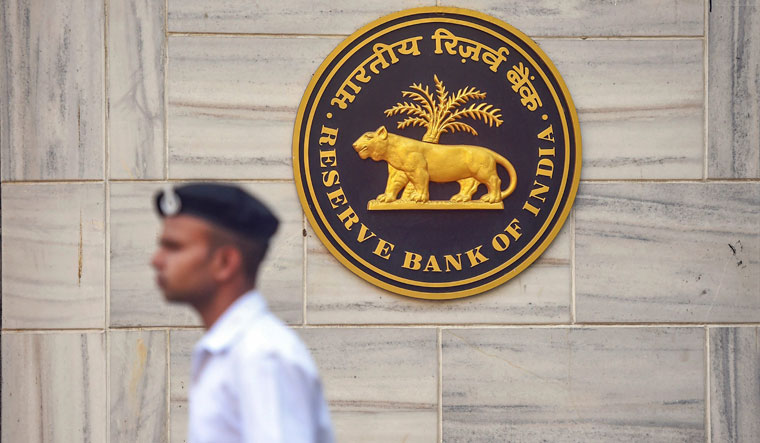The governance framework of the Reserve Bank of India came up for discussion in the meeting of the central board of directors on Friday. However, it was decided in the meeting, the first under the chairmanship of new Governor Shaktikanta Das, that more study on the issue was needed.
The relationship between the government and the central bank has soured in recent months on various matters, and governance of the board being one of them. The government reportedly wants to empower the board, which also includes members nominated by the government, and give it a more supervisory role.
“The board deliberated on the governance framework of the Reserve Bank and it was decided that the matter required further examination,” the RBI said.
The two sides have been at loggerheads over various matters, including easing liquidity to the non-banking finance companies, prompt corrective action (PCA) guidelines on weaker banks, which restricts their lending and also on transfer of some of the excess reserves by the central bank to the government.
In that backdrop of strained relations, Urjit Patel resigned as the governor on Monday, citing “personal reasons” nine-months before his term was to expire.
His resignation, had raised concerns among investors, and questions being raised whether he quit as a protest to protect the autonomy of the institution.
The government's move to appoint Shaktikanta Das, a former finance secretary during demonetisation, only added to the concerns.
The decision to further examine the matter of governance and not passing any quick judgments on the matter, should calm anxious investors for now. Das, in his first interaction with the media as the governor, had stressed that he would do everything possible to uphold the professionalism and autonomy of the RBI.
Das viewed the government as not just a stakeholder, but one who also manages major policy decisions and therefore felt there was a need for a free, fair, objective and frank discussion between the centre and the RBI.
Apart from the governance issue, the board on Friday also reviewed the current economic situation, global and domestic challenges, matters relating to liquidity and credit delivery to the economy. The issue related to currency management and financial literacy also came up for discussion.
Many analysts believe Das will be more dovish than his predecessor. His view that the inflation outlook looked fairly benign and the focus on growth, suggests there could be a reversal in the monetary policy stance back to “neutral” in 2019 and perhaps even a repo rate cut in the third quarter, according to Sonal Varma, chief India economist at Nomura Securities.
“On policy, it does appear that he is likely to relax regulatory norms for banks (make them more countercyclical) and he will be more proactive in injecting liquidity,” Varma added.



